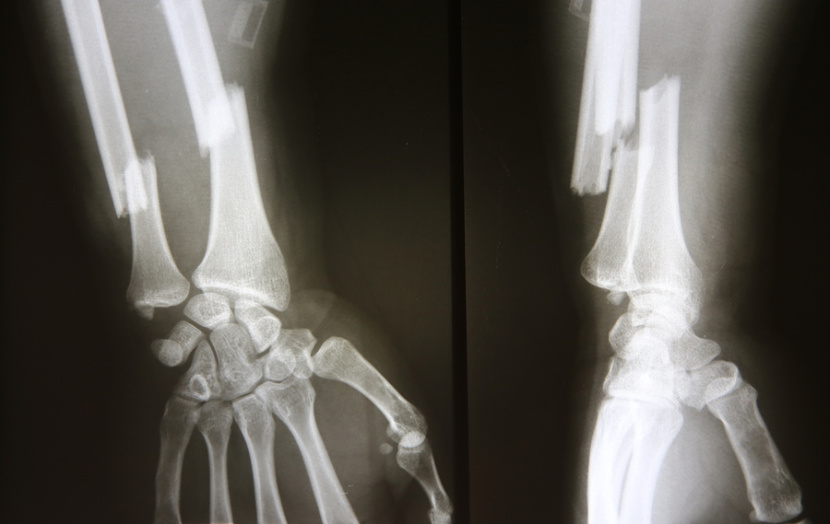
Osteoporosis is when your bones become thin and weak. As a result, your bones have a higher chance of breaking, especially if you fall. Read on to find out if you are at risk for osteoporosis and how to help prevent it.
Am I at risk for osteoporosis?
You may be at risk if you:
-
Are 65 years or older
-
Are underweight
-
Have a family history of osteoporosis
-
Have early menopause
-
Don’t get enough calcium and vitamin D
-
Smoke
-
Have too much caffeine or alcohol
-
Have certain medical conditions such as celiac disease and inflammatory bowel disease
-
Use certain medications such as cortisone, prednisone or other glucocorticoids for a long time
How do I help prevent osteoporosis?
Get enough calcium
-
Calcium keeps your bones strong. Aim to get 1200mg of calcium every day. Find food sources of calcium here.
-
If you think you may not be getting enough calcium from your diet, speak to your health care provider about whether to take a calcium supplement.
Get enough Vitamin D
-
Vitamin D helps your body use and absorb calcium. Find food sources of vitamin D here.
-
Health Canada recommends that everyone over the age of 50 should take a daily vitamin D supplement of 400 IU.
Get enough vitamin B12
-
Low levels of B12 may increase the risk of osteoporosis. Find food sources of vitamin B12 here. Aim for 2.4 micrograms (mcg) of vitamin B12 every day.
-
If you are over 50, speak to your health care provider to find out whether you need a vitamin B12 supplement.
Limit high sodium foods
-
Eating high sodium foods can reduce your bone density. Get tips on how to limit high sodium foods including processed foods like cheese, deli meats, pizza, sauces and soups.
Limit caffeine and alcohol
-
Have no more than 400 mg of caffeine per day (approximately 2 to 3 cups of coffee) for adults.
-
Have no more than 2-3 alcoholic drinks per day.
Avoid smoking
Stay active
Regular physical activity can help build strong muscles and bones and improve balance. Choose activities that include:
-
Weight-bearing exercises like running, walking, hiking, low impact aerobics, dancing, tennis and golf.
-
Resistance activities like lifting weights or push-ups.
-
Stretching exercises like yoga and tai chi.
When should I talk to a health professional about preventing osteoporosis?
If you are over 50 years old and have at least one other risk factor for osteoporosis, talk to your health care provider about getting a bone mineral density test.
You may also be interested in:
Tips to Keep your Bones Strong at Any Age
What You Need to Know about Calcium
Osteoporosis Canada
Last Update – April 26, 2018